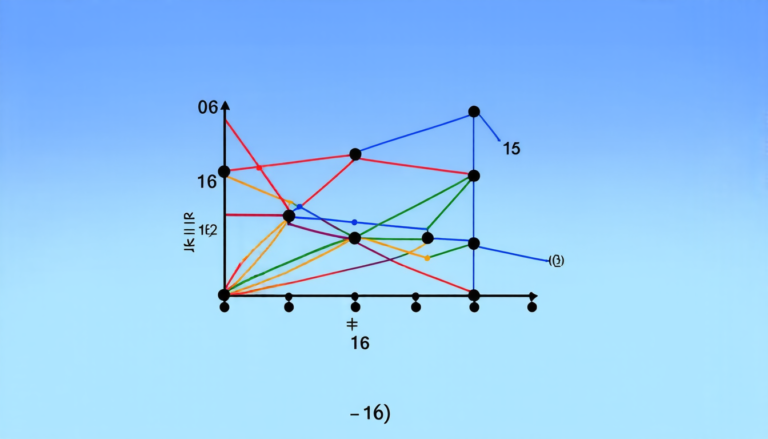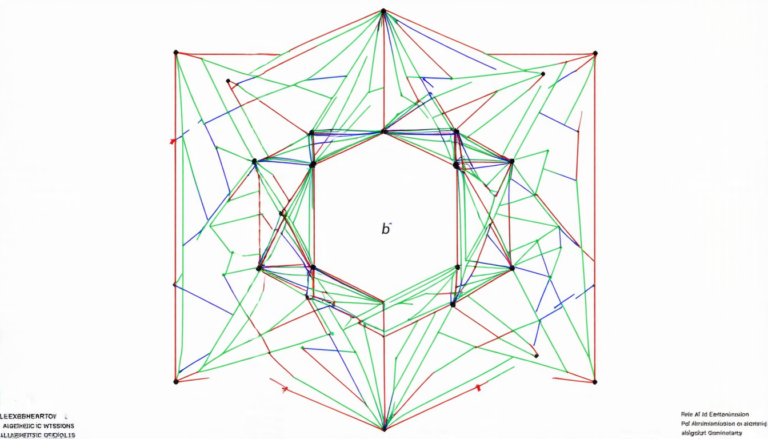Friday 18 April 2025
The art of control theory has long been a staple of engineering, allowing us to tame even the most unruly systems and keep them running smoothly. From autopilot systems in airplanes to cruise control in cars, control theory is all around us. But despite its importance, control theory has often been seen as a dry and complex field, more suited to mathematicians than engineers.
A recent paper, however, seeks to change that perception by tackling one of the most fundamental problems in control theory: the infinite-horizon linear quadratic differential game. This problem is deceptively simple-sounding, but it’s actually a doozy, requiring a deep understanding of linear algebra, optimization, and game theory.
The authors of the paper take a novel approach to solving this problem, using something called semidefinite programming duality to derive a saddle point characterization of the optimal solution. In other words, they’re able to find the best possible strategy for both players in the game by analyzing the dual problems of each player’s optimization problem.
But what does that even mean? Well, think of it like this: when you’re playing a game, your goal is usually to maximize your own score while minimizing your opponent’s. In control theory, this translates to finding the best possible control inputs for a system while taking into account the opposing forces acting on it. The authors’ approach allows them to do just that, by finding the optimal trade-off between the two players’ objectives.
The beauty of their method is that it’s both elegant and powerful. By using semidefinite programming duality, they’re able to derive a simple and intuitive characterization of the saddle point, which can be used to solve complex control problems in a straightforward way. This has important implications for fields like aerospace engineering, where precise control is crucial for safe and efficient operation.
But what’s really exciting about this paper is that it shows that control theory doesn’t have to be dry or complex. By using innovative mathematical tools and techniques, the authors are able to tackle some of the most challenging problems in the field in a way that’s both intuitive and accessible.
In short, this paper represents a major advance in our understanding of control theory, and has important implications for fields like aerospace engineering. It also shows that control theory doesn’t have to be boring or inaccessible – with the right tools and techniques, even the most complex problems can be tackled in a straightforward way.
Cite this article: “Unveiling the Secrets of Optimal Control: A Novel SDP-Based Approach to Linear Quadratic Games and H∞ Suboptimal Control”, The Science Archive, 2025.
Control Theory, Linear Quadratic Differential Game, Semidefinite Programming Duality, Optimization, Game Theory, Linear Algebra, Aerospace Engineering, Autopilot Systems, Cruise Control, Saddle Point Characterization







